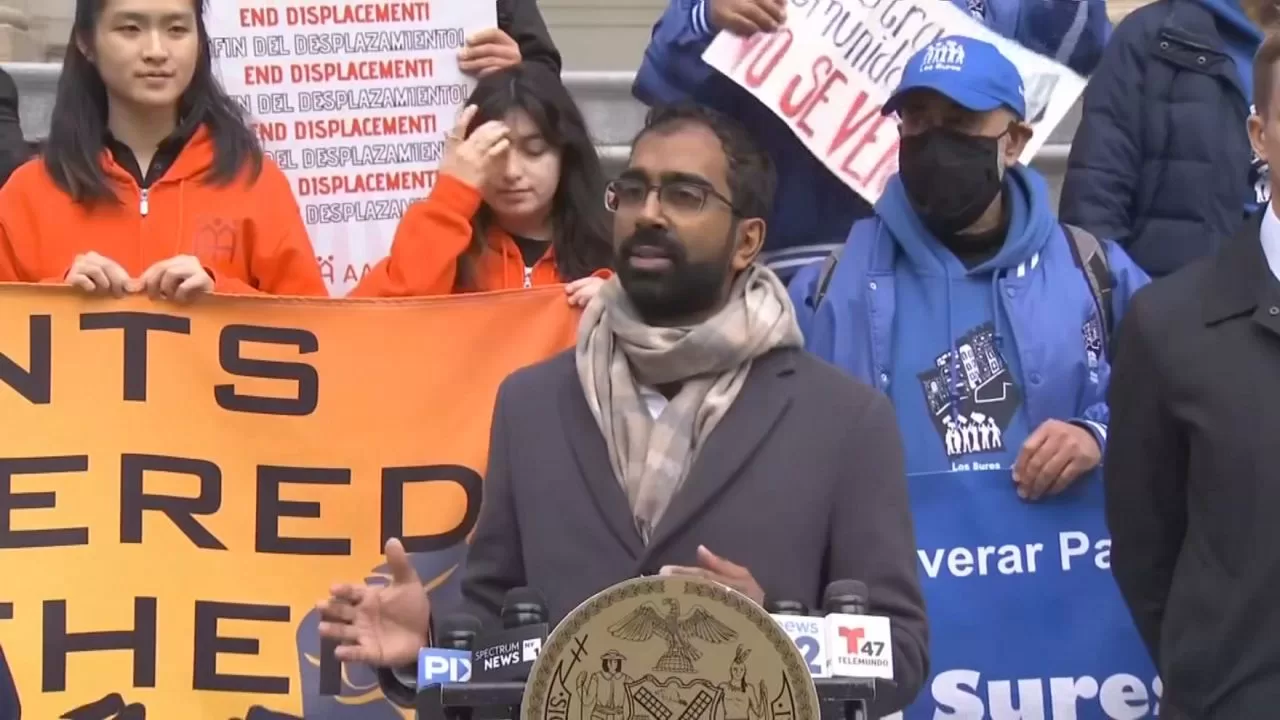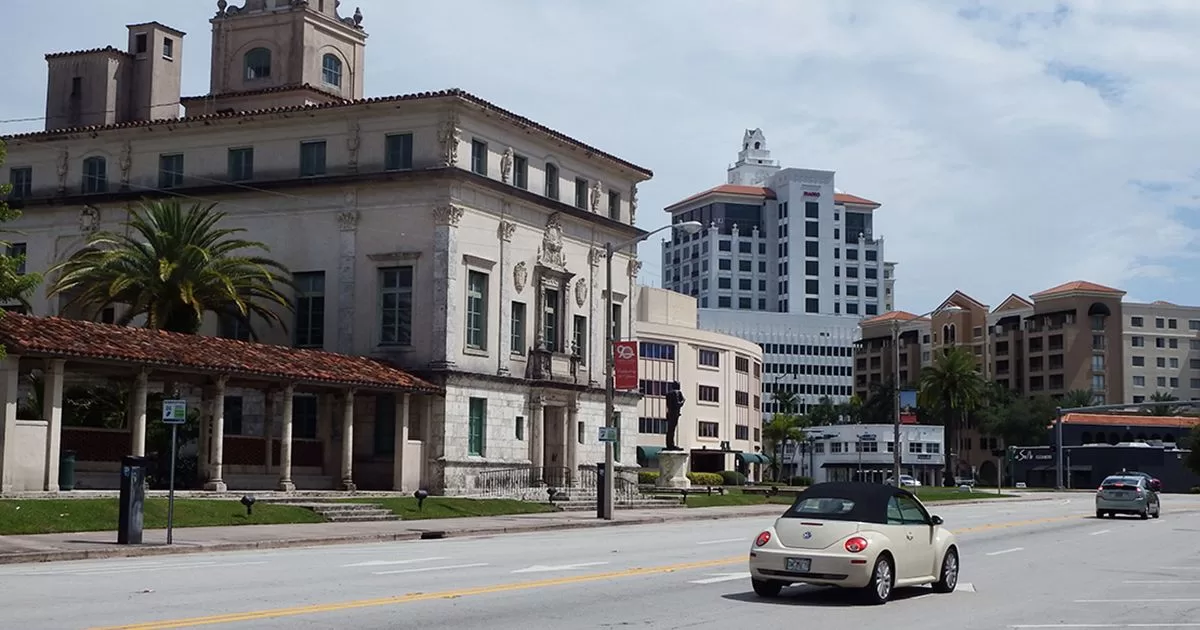Dutch journalists Stijn Bronzwaer, Merijn Rengers, Joris Kooiman reveal in their book “The Machine” (Booking.com the truth story) the story of illusion, entrepreneurship, power and money of the leading global hotel reservation platform born in 1996.
They do so on the basis that, despite having remained under the radar, it is a “really gigantic” firm by European standards. Booking, which maintains its headquarters in Amsterdam, has not had any Jeff Bezos, Mark Zuckerberg or Elon Musk put it in the spotlight. However, its stock market valuation today exceeds that of well-known technology companies such as Uber or its competition Airbnb.
Two sparks caused these three journalists to decide to investigate Booking, points out El Periódico de España. The first, the massive layoffs that the company carried out during the Covid. The second, and most important, the bonuses that it gave to its developers and managers in 2020, after having received 100 million euros of state aid.
The authors point out that the growth of the company was usually due to tricks and not always ethical ways of proceeding that exploited the most basic instincts of its users and made hotels totally dependent on it.
Booking, like Amazon and Ryanair, found that certain design patterns such as urgency (“There are three people looking right now”) and scarcity (“There’s only one room left”) led to more people booking at the hotels that interested the company.
In 2001, Booking already had 56 employees. He had made some investments, found himself with liquidity problems and had the need to make a capital increase. Throughout its history the company had many investors and CEOs. In 2007, the company successfully ran its first A/B experiment. An A/B test consists of creating two different versions of a website (changing the color of a button, putting a different text) and measuring which one the user responds to best.
Booking, which had already changed its name to what it has today, tried introducing the phrase “only 5 rooms left” next to the name of the hotel. The worker who decided to try it was inspired by the advice of a consultancy that recommended making web visitors “feel the urge to decide quickly”. The experiment worked: users who saw that message booked much more than those who didn’t. It was the beginning of the A/B test culture in Booking.
“It didn’t take long for new settings to appear, such as pop-ups informing site visitors how many other people were viewing the same listing, how many guests had just booked a certain hotel, or what they liked best about it. A/B experiments, which for years had been carried out on the fringes, became the focus of the strategy,” the authors report. For the boosters, it was like “getting to know the human psyche.”
The order in which the hotels were listed, on the other hand, was also business-oriented. The more commission Booking received from a hotel, the higher it showed, always according to the aforementioned book. Also, if they paid a fee, they were guaranteed to appear on the first page with a “thumbs up icon” that suggested “quality” to customers, but was actually “Booking earn more”.
In 2014, an Amsterdam university professor noticed the money-making machine that was Booking and asked for their help in sharing his story with his students. Booking refused, prompting the professor to investigate her further. The man took over the contract that the company had with a hotel and discovered that it forced the establishment not to sell rooms on its website for a cheaper price than the one offered on Booking, which, he thought, was against competition law. In addition, he had his students check if the message that “we only have 2 rooms left!” It was true looking at the hotel pages. There he understood that the feeling of scarcity was created by the hotels themselves, which uploaded the rooms to Booking little by little to benefit from the message that the web would put out.
“Hotels, especially in Europe, are still hyper-dependent on Booking,” says Rengers. “More than half of the reservations made each night are yours. And hotels can continue to manipulate the algorithm to create a feeling of scarcity. Now they can also leave everything in the hands of Booking and that the platform itself chooses its prices, increasing them if, for example, there is a football match in the city.
as revealed REPORTUR.us Late last year, Booking’s current CEO, Glenn Fogel, revealed that the acquisition of competing companies such as Priceline.com, Active Hotels, Agoda, Kayak, Momondo and OpenTable has allowed them to grow to their current overwhelming dominant position (Booking admits to having grown by swallowing competitors).






